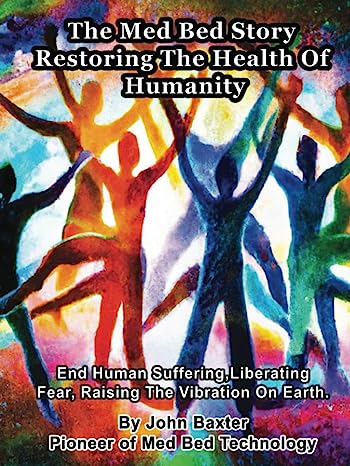Sleep isn't just a passive period of rest, but a dynamic process crucial for our body's repair, rejuvenation, and overall well-being. In the world of wellness and optimization, biohacking sleep to achieve restorative sleep represents a cutting-edge approach to unlocking the body's inherent healing abilities. This article delves into strategies and insights for harnessing your natural restorative powers through sleep, ensuring you wake up feeling refreshed and revitalized every day.
The Science of Restorative Sleep
Restorative sleep, predominantly occurring during the deep sleep phase, is when the body undergoes physical repair and recovery, while the brain consolidates memories and processes information. Growth hormone, essential for tissue repair and muscle growth, is released during this phase, highlighting the importance of achieving quality restorative sleep for health and performance.
Biohacking Strategies for Enhanced Restorative Sleep
-
Optimize Your Sleep Environment: Create a sanctuary dedicated to sleep. This means maintaining a cool, dark, and quiet room, free from electronics and distractions. Consider investing in a high-quality mattress and pillows that support a comfortable, natural sleeping posture.
-
Regulate Light Exposure: Exposure to natural light during the day and minimizing blue light from screens before bedtime can help regulate your circadian rhythm, promoting timely and deep sleep. Blue light-blocking glasses can be a valuable tool in your biohacking arsenal.
-
Nutrition and Supplementation: Certain nutrients and supplements, like magnesium, L-theanine, and melatonin, can promote relaxation and support the natural sleep cycle. Conversely, limit caffeine and heavy meals close to bedtime to prevent disruptions in sleep quality.
-
Mind-Body Techniques: Practices such as meditation, yoga, and deep-breathing exercises can reduce stress and prepare your body and mind for rest. Incorporating these techniques into your evening routine can significantly enhance sleep quality.
-
Temperature Control: The body naturally cools down as it prepares for sleep. Facilitating this drop in temperature by keeping your bedroom cool or taking a warm bath before bed can help signal to your body that it's time for rest.
-
Consistent Sleep Schedule: Going to bed and waking up at the same time every day, even on weekends, reinforces your body’s sleep-wake cycle, improving the quality and consistency of restorative sleep.
Advanced Biohacking Tools and Technologies
-
Sleep Trackers: Wearable devices and smart mattresses can provide valuable insights into your sleep patterns, helping you identify areas for improvement and measure the effectiveness of your biohacking strategies.
-
Smart Beds and Bedding: Temperature-regulating mattresses and bedding can maintain optimal conditions for deep sleep throughout the night, automatically adjusting to your body's needs.
-
Sound and Frequency Therapy: Devices that emit white noise or specific sound frequencies can enhance relaxation and support deeper sleep phases, promoting restoration.
The Role of Exercise in Restorative Sleep
Regular physical activity, especially when performed in the morning or afternoon, can improve the quality and duration of sleep by regulating body temperature and reducing stress. However, intense workouts close to bedtime may have the opposite effect, so timing is key.
Tailoring Biohacking Strategies to Individual Needs
Biohacking sleep is a highly personal journey. What works for one person may not work for another, due to differences in genetics, lifestyle, and health conditions. It's crucial to experiment with various strategies, track your progress, and adjust your approach based on your experiences and goals.
Common Challenges and Solutions
While biohacking sleep can significantly improve restorative sleep, individuals may face challenges such as adapting to new routines or finding the right combination of strategies. Patience, persistence, and a willingness to experiment are essential. If sleep issues persist, consulting with a healthcare professional is advisable.
Conclusion: A Holistic Approach to Sleep
Biohacking sleep for restorative purposes is not about quick fixes but adopting a holistic approach to well-being. By understanding and working with your body's natural rhythms and needs, you can enhance your sleep quality, unlock your full potential, and improve your overall quality of life. Embrace the journey of biohacking sleep as an investment in your health, well-being, and future.




